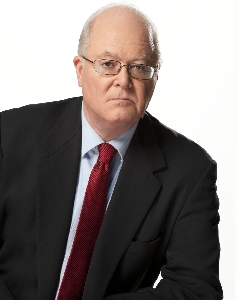
Bias can be detected by what the media report and choose not to report. When it comes to Pope Francis, bias by omission is the most common ideological practice.
Earlier this month, the pope met with an alleged Chilean victim of priestly sexual abuse, Juan Carlos Cruz; he is a homosexual. According to Cruz, the pope said to him, "It doesn't matter [whether you are a homosexual]. God made you like this. God loves you like this." The Vatican refuses to comment on whether this is an accurate account.
Last week, the pope met with the Italian Bishops' Conference. When the subject of gays in the seminary came up, the pope allegedly said, "If in doubt, better not to let them enter." Thus was he affirming what Pope Benedict XVI said in 2005: men who have "deeply rooted homosexual tendencies" should not be admitted to the seminary. The Vatican refuses to comment on whether this is an accurate account.
The following media outlets reported on the former story:
New York Times San Diego Tribune
Associated Press St. Louis Post-Dispatch
Philly.com Providence Journal
Boston Globe Sun-Sentinel
Daily News ABC 7 Eyewitness News
Houston Chronicle CBS News
International Wire Chicago Sun-Times
NBC News Time
New York Post Los Angeles Times
Union Leader CNN
The following media outlets reported on the latter story:
Union Leader
CNN
Why the disparity? Ideology. The big media are pro-gay and will report on any story attributed to the pope that fits with their ideology. They will not report on stories that do not. It's really that simple. And that dishonest.
First prize for ideological bias goes to the New York Times. It not only ran a story on the pope allegedly giving his blessings to the homosexual condition, it ran an approving editorial on it. It even selected his remark as the "Quote of the Day." But it had no room to cover his alleged comment about keeping homosexuals from studying for the priesthood.
The newspaper's slogan is, "All the news that's fit to print." It should amend it to say, "All the news that's fit to know."




 Sign Up to Receive Press Releases:
Sign Up to Receive Press Releases: